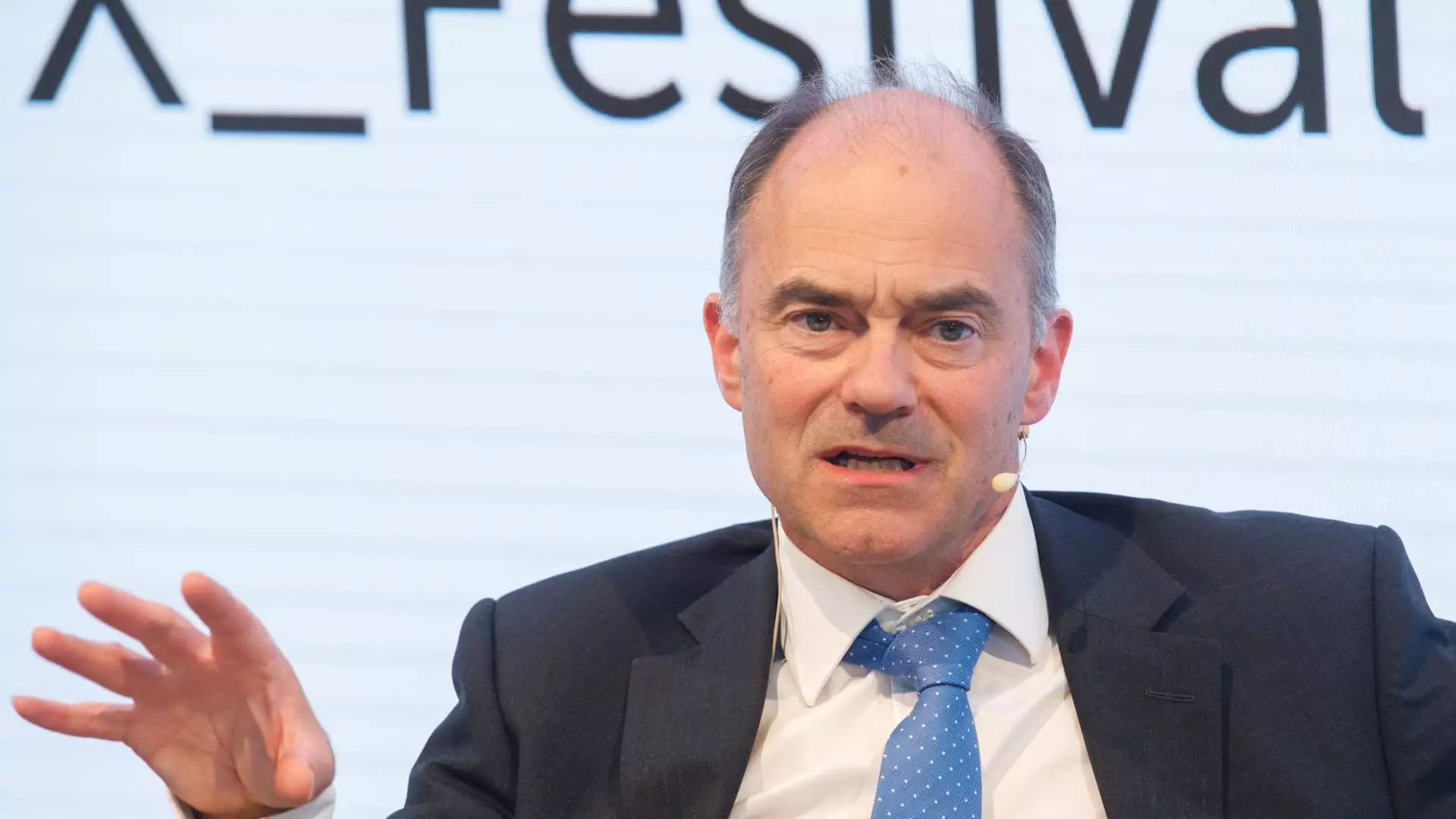The U.K. technology industry is facing a significant challenge when it comes to commercializing technology businesses on a global scale. Warren East, former CEO of Arm, highlighted the critical need for a mindset shift within the investor community to ensure that the U.K. can compete effectively on the world stage. There have been criticisms about lackluster growth and poor GDP rates per head in the U.K., leading to a sense of national embarrassment. This indicates that the U.K. is not fully leveraging its potential in the technology sector.
One of the major issues highlighted by East is the phenomenon of brain drain in the U.K. tech industry. He pointed out that many firms that achieve scale in Britain tend to relocate or list abroad in countries like the U.S. This trend is concerning as it signifies that the U.K. is struggling to provide the necessary support for its tech companies to achieve global relevance. The loss of these businesses to other countries signifies a missed opportunity for the U.K. to showcase its innovative technology offerings on a global platform.
East emphasized the need for the U.K. to improve its commercialization efforts. While there is a significant amount of innovation happening in the country, much of it is being exported and exploited elsewhere. This indicates a gap in the commercialization process that needs to be addressed. The lack of a clear solution to this challenge adds to the complexity of the issue. Encouraging more risk appetite among investors to support high-growth tech firms is crucial for addressing this gap in commercialization.
One of the key factors contributing to the challenges faced by the U.K. tech industry is the difference in investor risk appetite between the U.S. and the U.K. East highlighted that there are deeper pools of capital in the U.S., leading to a higher risk appetite among investors. This makes it easier for tech firms in the U.S. to scale up and achieve success on a global scale. In contrast, the U.K. investor community needs to develop a stronger risk appetite to support the growth of tech businesses in the country.
There have been efforts within the British entrepreneurial community and venture capital firms to push for changes in capital market rules to stimulate more investments from pension funds into startups. This initiative aims to encourage greater risk appetite among investors in the U.K. and support the growth of high-growth tech firms. While there is optimism about the potential for change in the future, businesses cannot rely solely on regulatory changes to address the challenges they face in commercialization.
The listing of Arm on the Nasdaq in the U.S. last year serves as a significant example of the challenges faced by U.K. tech companies. Arm, known for its chip architectures in smartphone processors, chose to list in the U.S., dealing a blow to U.K. officials and the London Stock Exchange. This move highlights the need for the U.K. to create an environment that is conducive to tech companies staying and flourishing within the country. The majority ownership of Arm by a Japanese company further emphasizes the global nature of the technology industry.
The U.K. technology industry faces significant challenges in commercializing its technology businesses on a global scale. Addressing issues such as brain drain, lack of global innovation, and investor risk appetite are crucial for the U.K. to compete effectively in the global technology landscape. Collaboration between the government, investor community, and tech firms is essential to overcome these challenges and create an environment that fosters the growth and success of tech businesses in the country.

